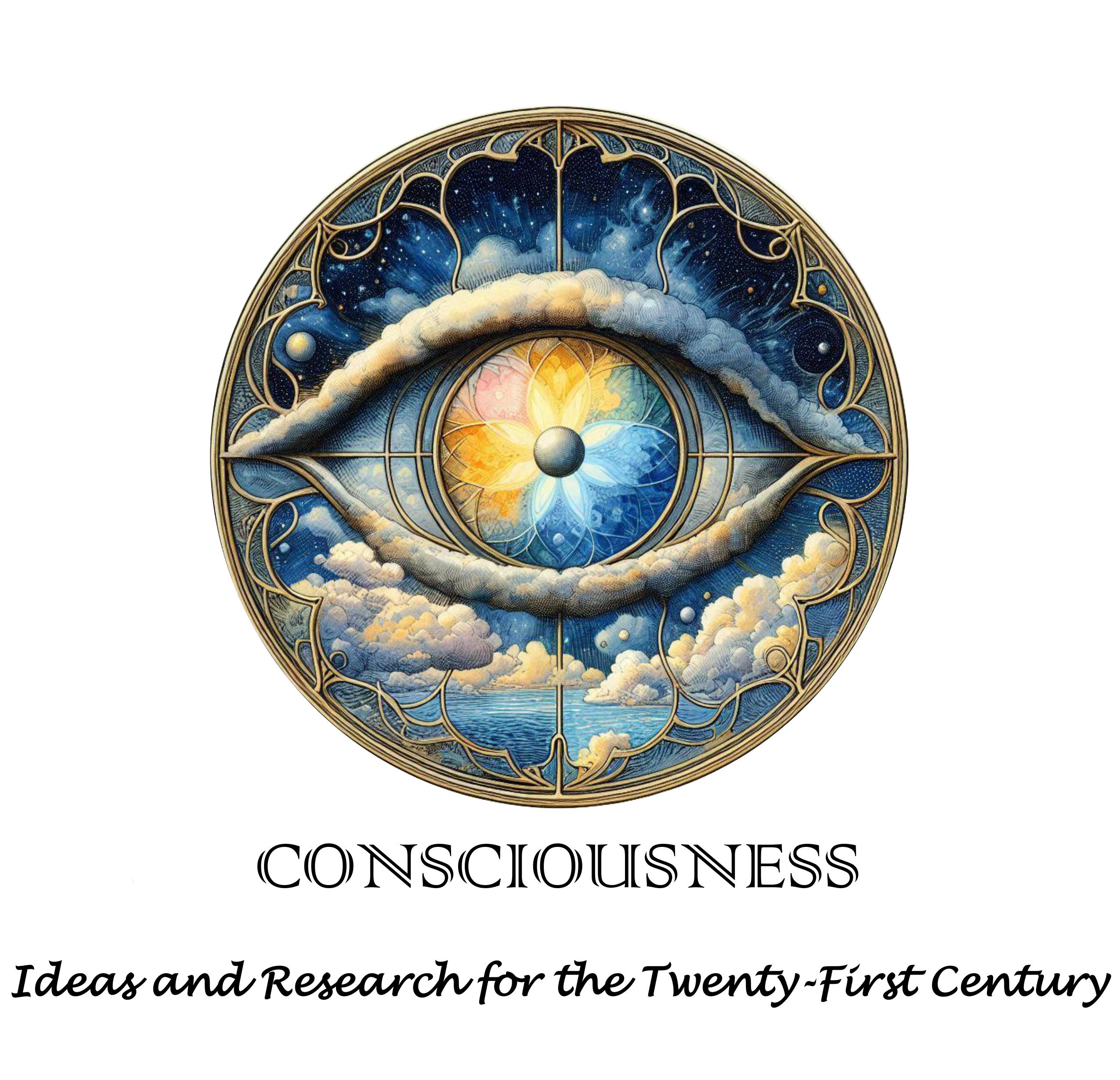
Abstract
According to the mainstream of modern science, there cannot be a natural science of consciousness because consciousness does not actually exist in nature. It is a product or by-product of the workings of the brain. There is a natural science of brain and the nervous system, for these are bona fide elements of the world, but there cannot be a natural science of a phenomenon of which the very existence is in question. In the prevalent view con2sciousness is something that happens when neurons fire in the brain. This is said to be confirmed by experience. There is no consciousness in the absence of brain function. However, there is increasing evidence that this is not true: some forms of experience seem to occur even when the brain is not functioning. Evidence on this score comes from a variety of sources: from people who arrived at the portals of death and returned, from spiritual masters, and from ordinary people who enter a meditative, prayerful, deeply loving or otherwise non-ordinary state of consciousness. It also comes from psychic mediums who claim to “channel” the consciousness of people who have already died. Some strands of the evidence have been confirmed by physicists and psychiatrists, consciousness researchers, and other serious and otherwise unbiased observers.3 If the evidence is cogent, there is a need to expand the prevalent theory of consciousness. We need to account for the possibility that consciousness can exist independently of brain function.
Recommended Citation
Laszlo, Ervin
(2016)
"Premises of a Natural Science of Consciousness,"
CONSCIOUSNESS: Ideas and Research for the Twenty-First Century: Vol. 1:
Iss.
1, Article 1.
Available at:
https://digitalcommons.ciis.edu/conscjournal/vol1/iss1/1
Included in
Cognition and Perception Commons, Cognitive Psychology Commons, Other Life Sciences Commons, Other Neuroscience and Neurobiology Commons, Philosophy Commons, Psychiatry and Psychology Commons, Quantitative, Qualitative, Comparative, and Historical Methodologies Commons, Social Psychology Commons, Social Psychology and Interaction Commons


